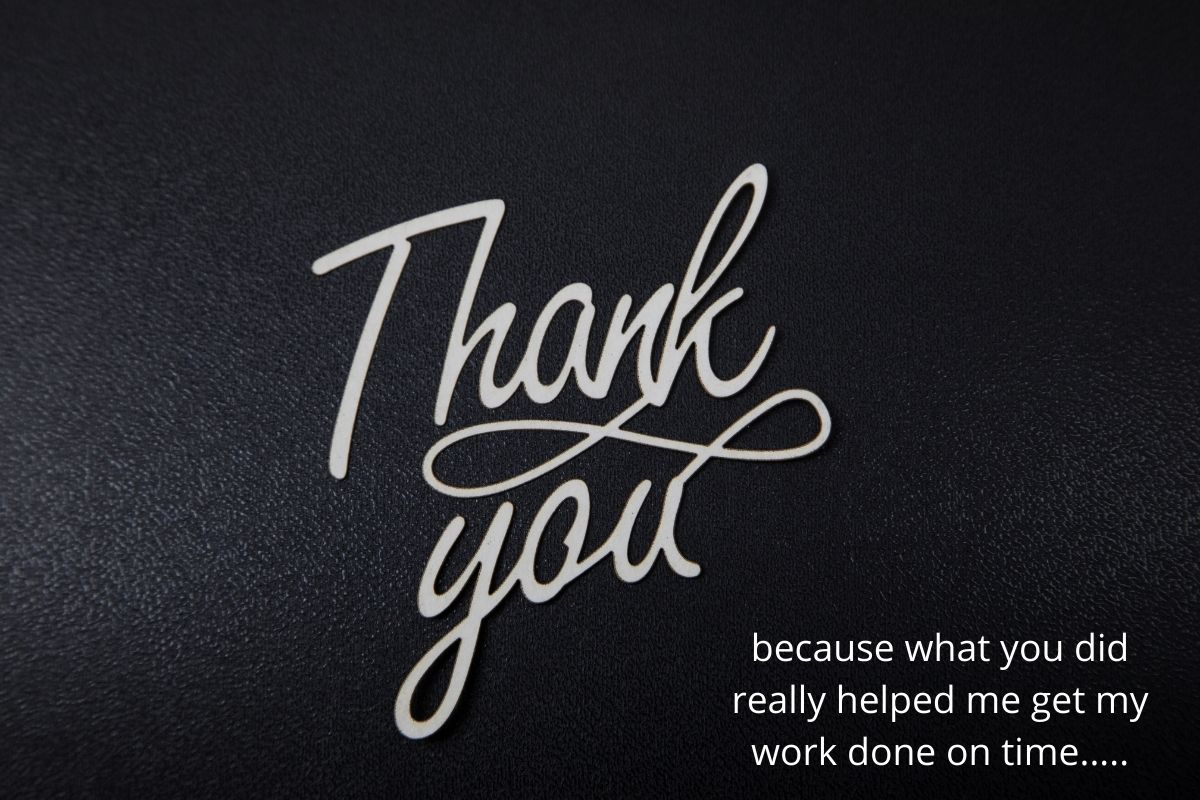
Could you say thank you better?
Seems you might be able to.
Just a quick post today looking at some research by Park et al (2020) published in the Journal of Social and Personal Relationships.
The authors looked at interactions between couples (in a lab situation, and diarised daily logs) to explore how best to express gratitude.
What they determined was that when a partner does something nice for us, the thank you we provide is more effective (i.e. the benefactor feels more positive about the thank you and the relationship) if you acknowledge how their act met your needs.
So, it would be the difference between:
Thank you – that was very kind of you
VS
Thank you – that was very kind of you – what you did really helped me pick myself up after a difficult day
See how in that second version, there is a specific statement about how the person’s action(s) met your needs? In this case it was providing an emotional boost after a difficult day.
I’ve written previously about how the mutual meeting of goals/needs might be the glue that helps relationships (of all types) develop and sustain themselves over time. I feel closer to you if I know I can successfully help you achieve your goals and vice versa – if you can help me achieve mine.
This study supports that idea by suggesting that clear articulation of how a person’s actions has helped you meet your needs/goals leads them feeling better about your expression of thanks, but more importantly, better about the relationship itself.
Now this research was with couples, so perhaps try this out on your partner first, but I can’t imagine there being an issue using this principle more broadly.
This study adds to a growing body of gratitude literature, but interestingly helps illuminate the mechanics of successful ‘thank-yous’, as opposed to the standard literature in the area which focuses on the benefits to the individual of being more grateful.
And, if you think this seems like overkill in terms of studying the minutiae of everyday interactions, remember that it is often the small habits we build that compound their benefits over time to enhance our and others’ wellbeing. Think of this thank-you hack as a simple way to enhance the quality of the relationships in your life.
Thanks for reading! (because you reading this helps support my role and do my job better).

